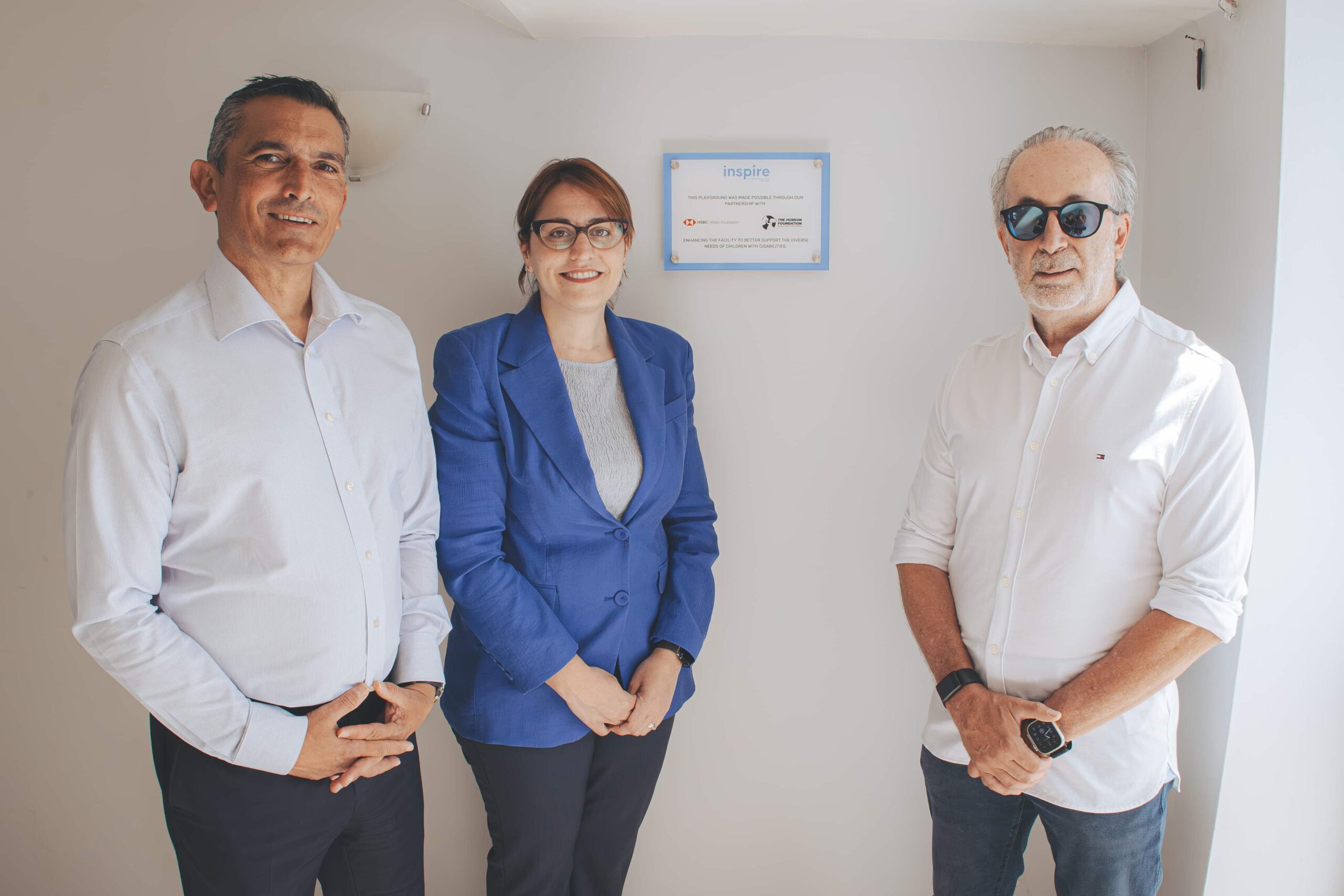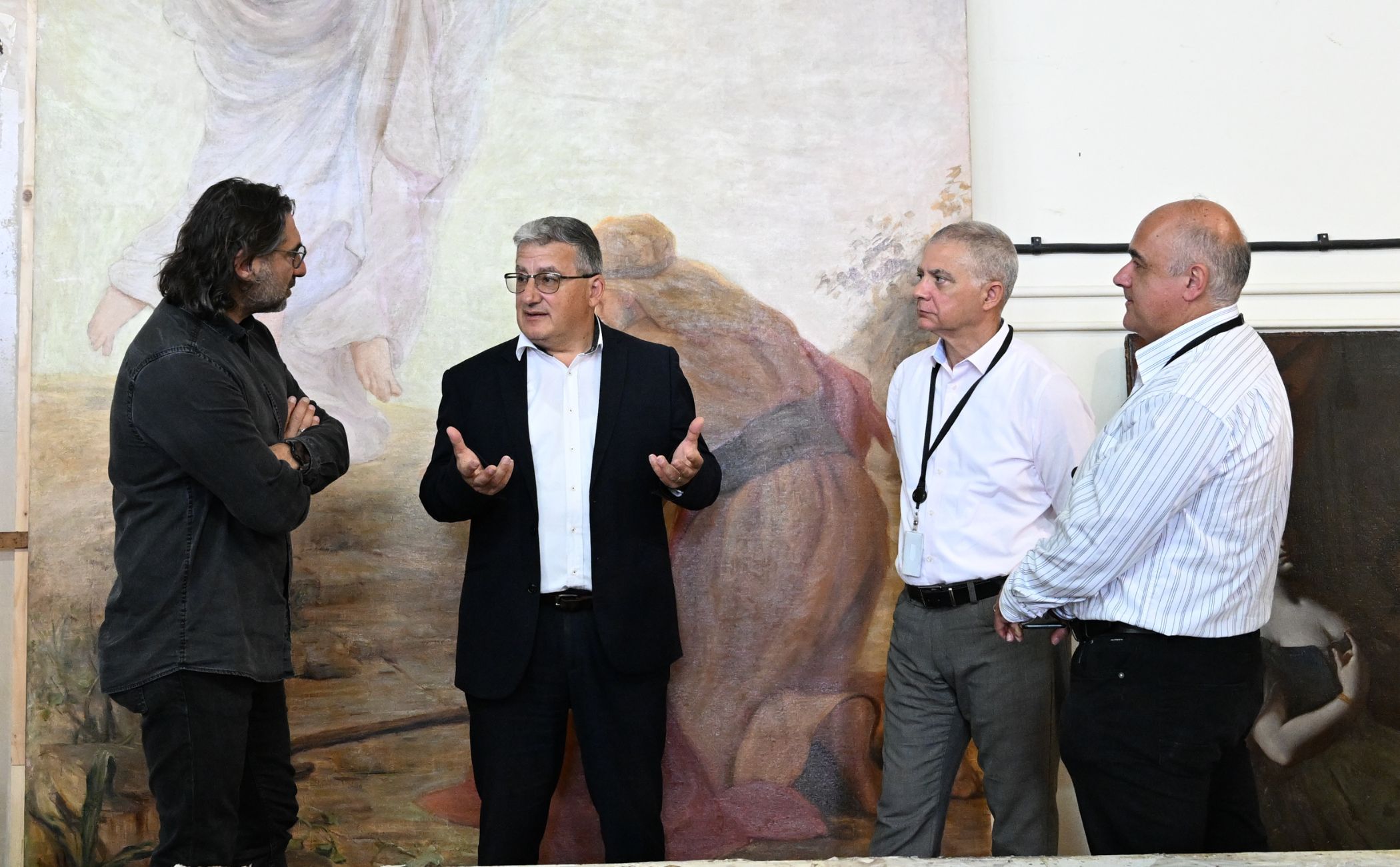As part of its ongoing commitment to fostering inclusion and enhancing the well-being of individuals with disabilities, HSBC Malta Foundation, in collaboration with Hudson Foundation, is proud to inaugurate a newly developed playground at Inspire Malta. The unveiling represents a significant investment in creating a safe, engaging, and accessible environment for children attending Inspire’s specialised programmes.
The playground, designed to cater to the needs of children with autism and other disabilities, provides a structured yet stimulating space where they can develop motor, sensory, and social skills through play. This project aligns with HSBC Malta Foundation’s broader mission of supporting inclusive education and community-led initiatives that empower individuals of all abilities.
HSBC Malta Foundation has also extended its support beyond the playground by funding key enhancements within Inspire’s School Outreach Programme (SOP) and Specialised Therapies and Rehabilitation (STAR) Programme. These initiatives provide essential educational and therapeutic support to children and young adults with disabilities, ensuring they receive personalised interventions that help them thrive in school and daily life. Recent improvements include sensory-friendly classroom modifications, therapy equipment, and interactive learning tools that create a more inclusive and supportive environment for the programme’s participants.
Speaking about the initiative, Paula Mamo – Deputy Chairperson for the HSBC Malta Foundation said: “At HSBC Malta Foundation, we firmly believe in the power of appropriate spaces that allow children to grow, learn, and play safely and without barriers. This partnership with Inspire and Hudson Foundation is an effort towards cultivating an inclusive society that gives every child the opportunity to develop and find independence.”
Alfie Borg, representing Hudson Foundation, added: “We are thrilled to collaborate with HSBC Malta Foundation on this meaningful initiative. This playground is more than just a space for recreation, it’s a symbol of our commitment to ensuring every child has access to a safe and joyful childhood, regardless of ability.”
“Durable and specialised playgrounds with high-spec equipmentsuch as this aid sensory, motor and structured social development which are essential for the children attending Inspire’s disability programmes, providing a safe and fun place to explore, learn, and grow in a supportive environment,” said Antonello Gauci, CEO of Inspire Malta. “We are grateful for the collaboration with HSBC Malta Foundation and Hudson Foundation, which enables us to create meaningful opportunities for the children and families we support.”
HSBC Malta Foundation remains dedicated to supporting initiatives that drive social impact and promote equality. By investing in projects that enhance accessibility and inclusion, the Foundation continues to make a meaningful difference in the lives of children and families across Malta.

















